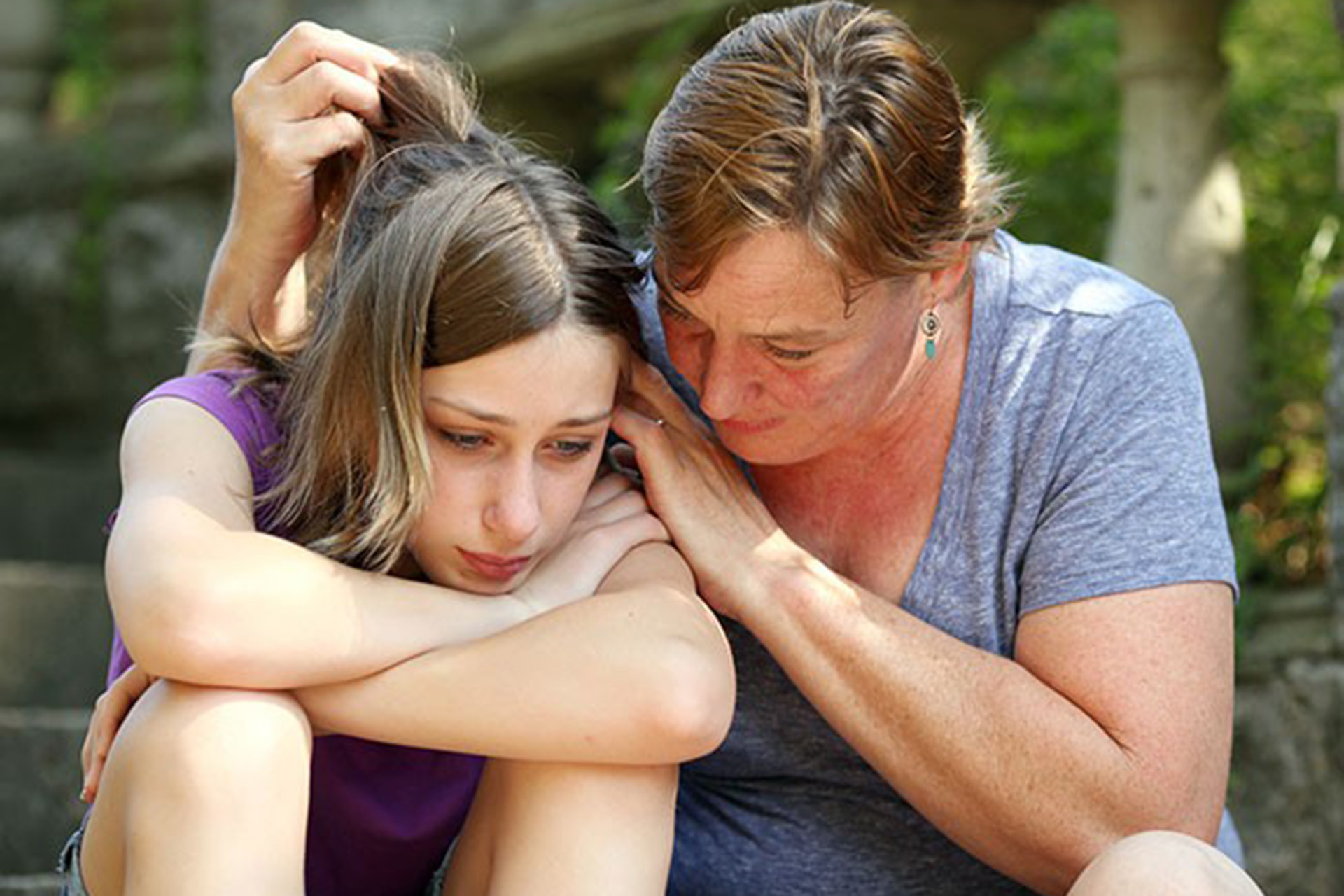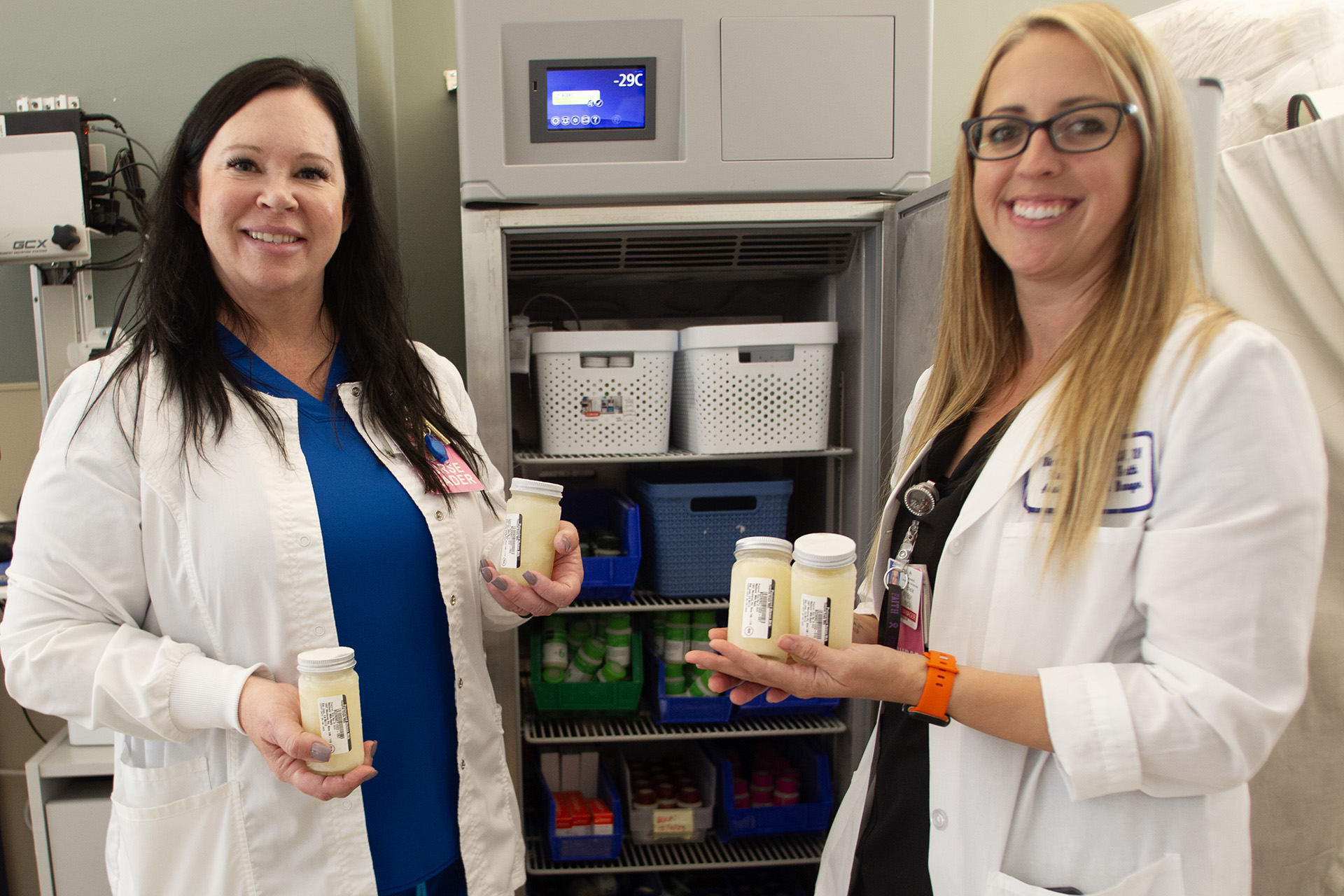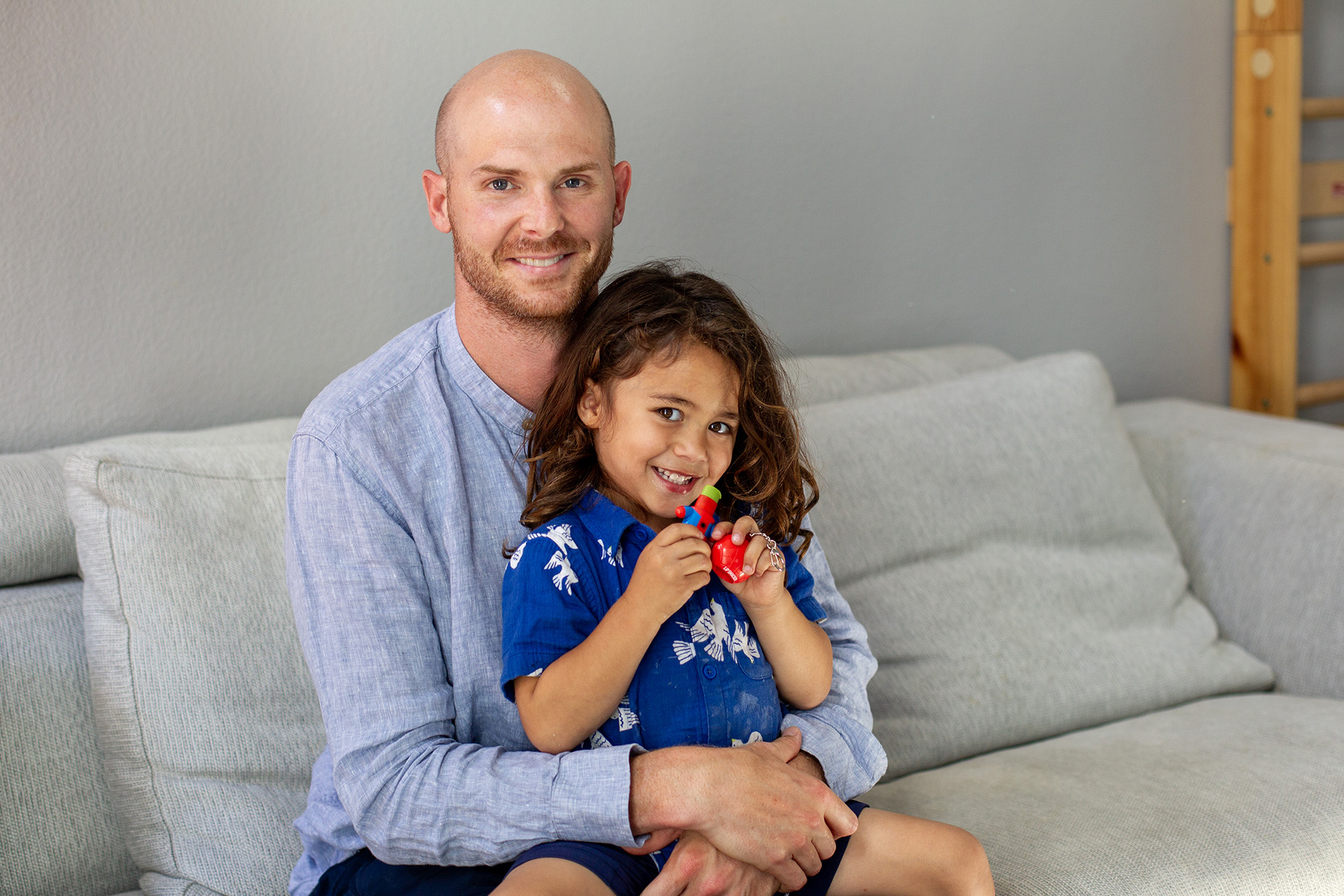The COVID-19 pandemic has led to many losses for some of us. The loss of time, work, routine, socializing with friends, and sadly, losing someone we love.
This can make the grief process a difficult one to manage. We all grieve when we feel the loss of a loved one — a parent, a sibling, a relative, a close friend. But, this pandemic has made it much more challenging for so many reasons.
“The lack of contact of being able to say goodbye can leave someone feeling stranded and lost,” said Anabel Basulto, licensed marriage and family therapist, Southern California Permanente Medical Group in Orange County. “This feeling, if prolonged, can often lead to depression, anxiety, and the use of drugs, alcohol, and other substances to numb the pain.”
“It’s important to know that it is okay to express your feelings whether they are happy or sad,” Basulto said. “There is “survivors’ guilt,” which is feeling bad about having any positive reaction as the result of you surviving the pandemic.”
Kaiser Permanente has created resources to help you navigate this process. Remember, you are not alone. So, take advantage of support groups, applications to help alleviate stress, and time off if needed.
Consider the following positive coping mechanisms when it comes to grieving:
- Daily grief monitoring — psychoeducation
- Aspirational goals work (exercise, healthy eating, learning a hobby)
- Inviting a friend or family member to a group therapy session
- Imaginal revisiting (telling the story about learning of the death)
- Situational revisiting (graded exposure to reminders of the loss)
- Imaginal conversation with the deceased or writing a letter
If you continue to struggle from prolonged grieving, it’s important to seek professional help. Remember, we are all in this together.





This Post Has 0 Comments